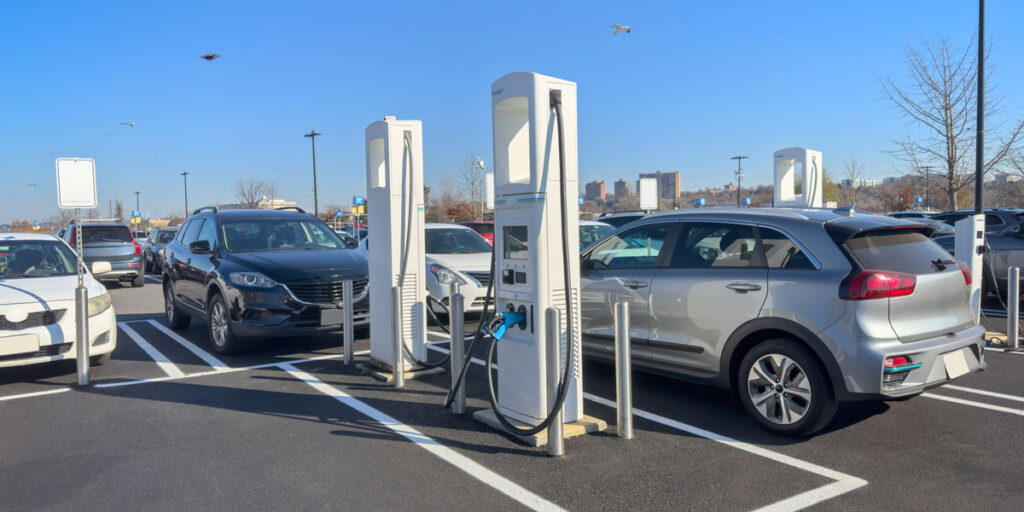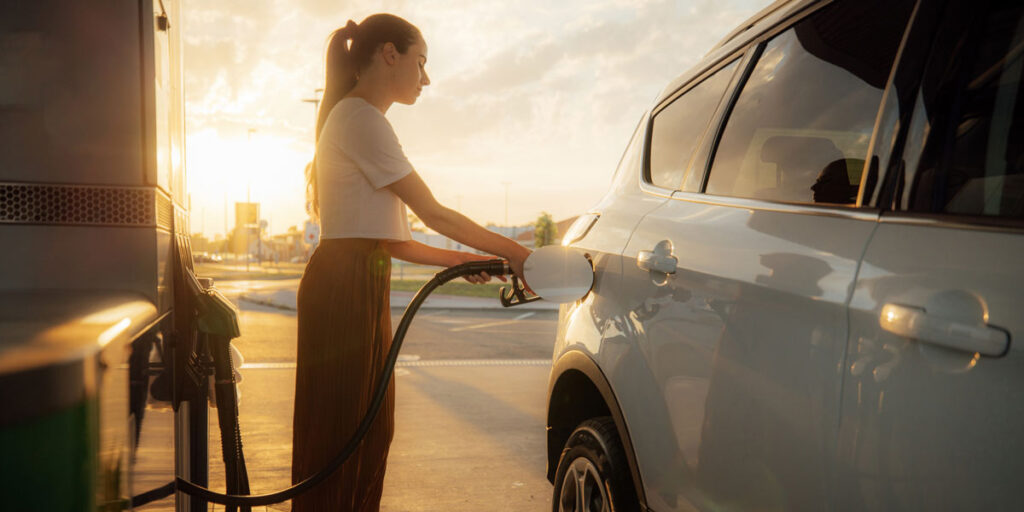It is an outlook that is not lost on Shell plc.
Shell’s Recharge network was the first EV charging network to be launched by an established oil company. Following a recent announcement, it is set to grow significantly, while its sales of petrol and diesel will be cut back.
Shell’s Recharge network provides 23,000 rapid and ultra-rapid public charge point units across the UK at Shell forecourts and participating Waitrose and Aldi supermarkets. The network also operates globally. Committing to growing its public charging capability, Shell’s recent Energy Transition Strategy 2024 report announced that the business was planning to divest 1,000 of its retail petrol stations (including joint ventures) around the world between 2024 and 2025 as the company transitions away from retailing petrol and diesel and towards EV charging stations “in response to customer needs.”
Shell plans to increase its network of public charging locations from 54,000 currently to 200,000 by the end of the decade — because customers need them more than home charging. The rollout will start in China and Europe.
In making their announcement, Shell noted;
“We believe growth in oil demand is set to slow in the second half of this decade and could start falling in the 2030s because of increasing vehicle efficiency and growth in electric vehicles,”
Rather than petrol or diesel, Shell sees the future of vehicles being electric, with EV sales set to increase dramatically;
“Today, there are around 40 million such vehicles (Battery Electric Vehicles and Petrol Hybrid Electric Vehicles) on the roads, with up to 275 million expected by 2030. The availability of charging points will be critical for the growth in electric vehicles.”
Over the last decade, ‘petrol’ forecourts have changed, with groceries and coffee shops proliferating alongside fuel. What seems increasingly clear is that instead of petrol or diesel, forecourts will be selling electricity, and because of the longer ‘recharge’ time compared to petrol/diesel re-fuelling, operators will hope to sell other services as well. So, it won’t be just the ‘fuel’ that will change as we move to EVs; it will be the whole charging ethos, and in this, we are set to see ‘charging destinations’ rather than fuel stops.









